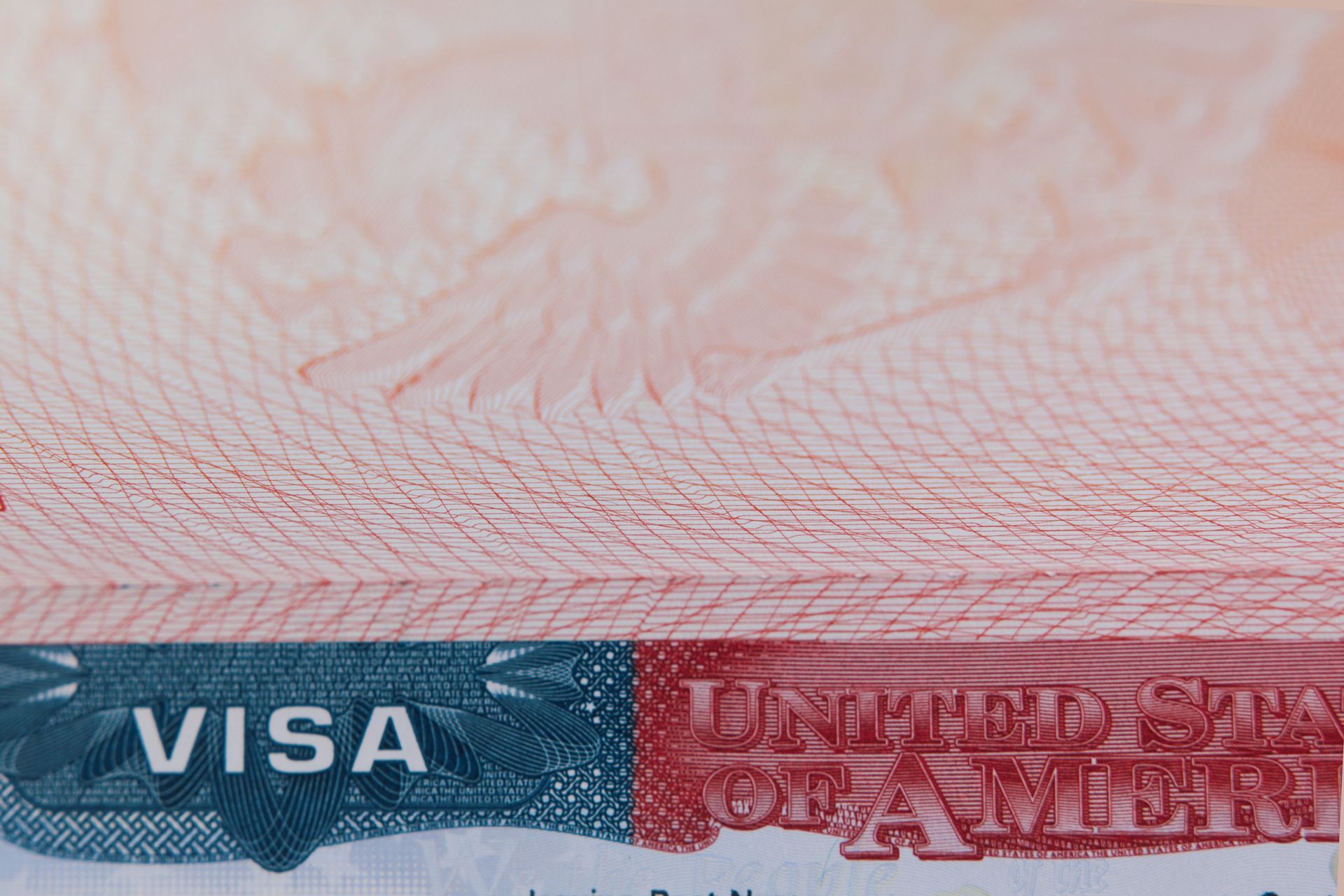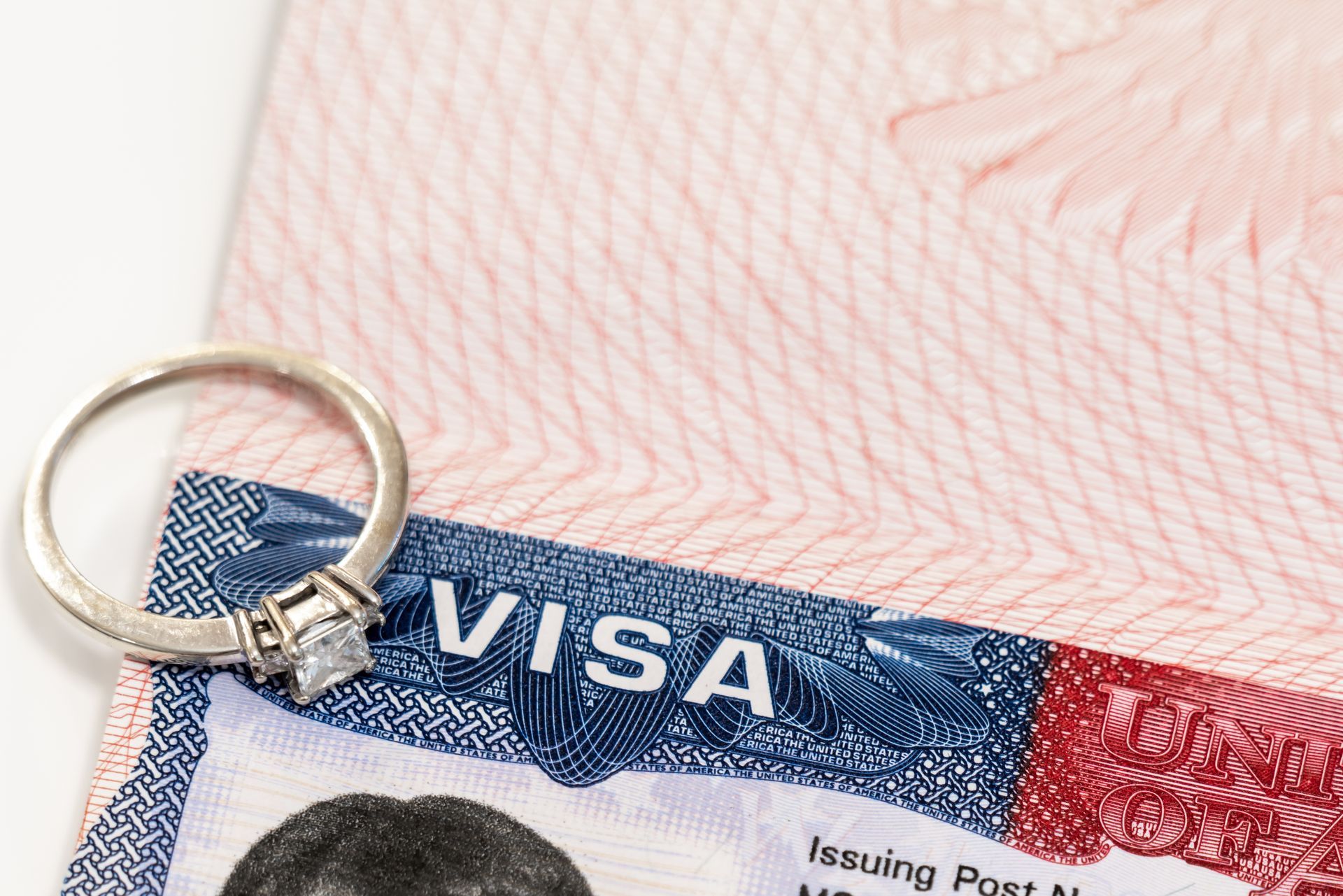Understanding the Civil Litigation Process in Florida Courts
Understanding the Civil Litigation Process in Florida Courts
Civil litigation covers a wide range of disputes that arise between individuals, businesses, or even government entities. Unlike criminal cases, civil matters focus on resolving disagreements and seeking remedies such as compensation, injunctions, or the fulfillment of a legal obligation. If you’re facing a lawsuit in Florida—or considering filing one—understanding the civil litigation process can help you prepare for what’s ahead.
At Endure Law Firm, PLLC in Sebring, Florida, attorney Troy Gayle provides guidance at each stage of the litigation process, from negotiations to trial and beyond. Here’s an overview of how civil litigation works in Florida courts.
Step 1: Filing the Complaint
The process begins when the plaintiff files a complaint with the court. This document outlines the dispute, identifies the parties involved, and specifies the relief being sought—such as monetary damages or an order requiring the other party to act. Once filed, the defendant is formally served with the complaint and given an opportunity to respond.
Step 2: The Defendant’s Response
After being served, the defendant must file an answer with the court. This response may admit or deny the allegations, raise defenses, or file counterclaims against the plaintiff. The way a defendant responds can set the tone for how the case proceeds.
Step 3: Discovery Phase
Discovery is often the most time-consuming stage of litigation. During this phase, both sides exchange evidence and gather information through:
- Depositions (sworn testimony outside of court)
- Interrogatories (written questions that must be answered under oath)
- Requests for documents
- Requests for admissions
Discovery ensures both parties have the information needed to prepare for trial.
Step 4: Pre-Trial Motions and Hearings
Before a trial begins, either side may file motions asking the court to decide specific issues, such as dismissing part of the case or excluding certain evidence. Judges may also hold hearings to address disputes that arise during discovery or to encourage settlement.
Step 5: Settlement Discussions
Many civil cases are resolved before trial through settlement negotiations or mediation. Settling can save time, money, and stress while still achieving a fair resolution. However, if the parties cannot agree, the case will move forward to trial.
Step 6: The Trial
If a case reaches trial, both parties present their arguments, evidence, and witnesses before a judge or jury. The court then issues a decision, which may include awarding damages or ordering specific performance.
Step 7: Appeals
If one party believes a legal error affected the trial’s outcome, they may file an appeal. Appeals focus on reviewing the trial court’s application of the law, not re-trying the facts of the case.
Why Legal Guidance Matters in Civil Litigation
Civil litigation in Florida can be complex, with rules and procedures that must be followed carefully. Missing deadlines, filing the wrong documents, or failing to present strong evidence can negatively impact your case. Having an attorney by your side can help you understand your rights, protect your interests, and move through the process with clarity.
Protecting Your Rights in Sebring, Florida
Whether you’re dealing with a contract dispute, a landlord-tenant conflict, or another civil matter, knowing how the Florida civil litigation process works is the first step toward resolving your case.
At Endure Law Firm, PLLC in Sebring, Troy Gayle works with clients to navigate each stage of the litigation process, from initial filing to trial and appeals.
📞 Call 863-300-0862 today to schedule a consultation and take the next step toward protecting your rights.





